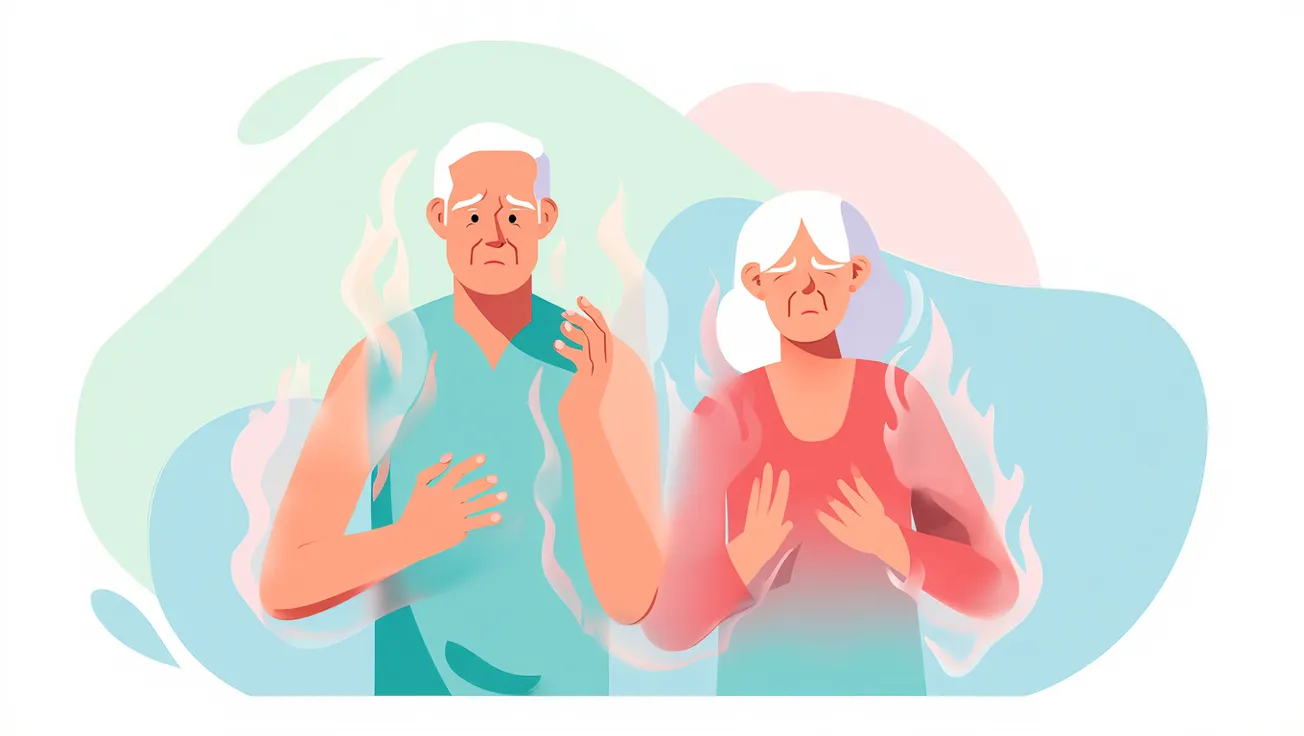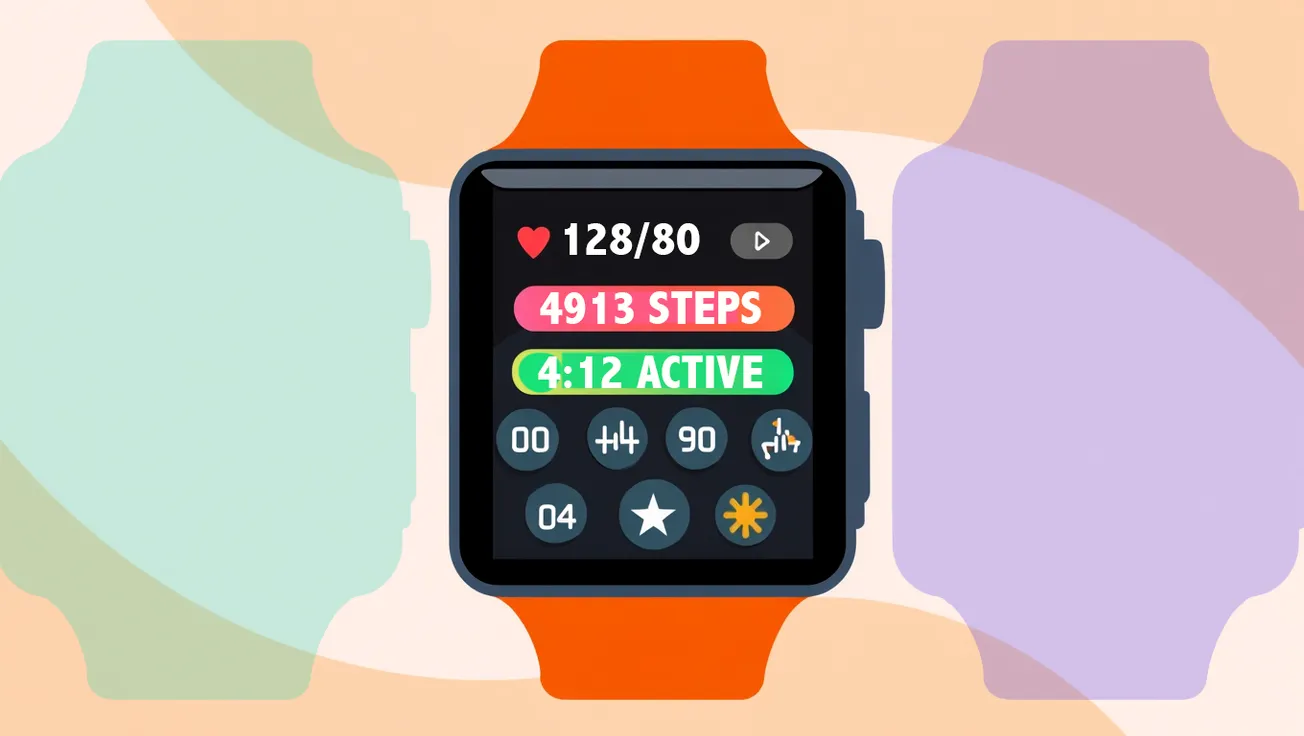The Takeaway
- “Inflammaging” is the term researchers use for chronic, low-level inflammation that builds up as we age.
- It’s linked to heart disease, diabetes, dementia, arthritis, and even depression.
- Triggers include stress, poor sleep, ultra-processed foods, and declining immune balance.
- The good news: diet, exercise, and metabolic health can significantly reduce inflammation.
- New studies suggest seniors can reverse years of inflammation by improving gut health and muscle tone.
At first glance, “inflammaging” sounds like one of those overhyped wellness buzzwords. But scientists are using it more seriously than ever — to describe the quiet, cellular fire that may underlie most chronic conditions of old age.
A new report summarized by The Washington Post highlights how this subtle, body-wide inflammation is different from the short-term kind that helps us heal. Instead, it’s a constant simmer — a slow immune response that never fully shuts off, damaging tissues over time.
“Inflammaging doesn’t hurt, but it harms,” said Dr. Claudio Franceschi, an Italian immunologist who first coined the term in 2000. “It’s the biological background of most age-related diseases.”
What Causes Inflammaging
As we get older, our immune systems don’t regulate inflammation as efficiently. Cells that once repaired damage start misfiring, producing low levels of inflammatory molecules even when there’s no infection.
Several everyday factors amplify the problem:
- Processed foods and excess sugar, which feed inflammatory gut bacteria.
- Chronic stress and poor sleep, which keep cortisol levels high.
- Sedentary habits, which reduce anti-inflammatory muscle activity.
- Uncontrolled blood sugar and obesity, which drive metabolic inflammation.
Research shows that inflammation and aging are intertwined at the cellular level — hence the nickname “the fire within.”
Why It Matters for Seniors
According to the National Institute on Aging, chronic inflammation contributes to at least half of all deaths worldwide. It plays a role not just in cardiovascular disease and type 2 diabetes, but in Alzheimer’s, osteoporosis, and even frailty.
A 2025 Washington Post analysis found that older adults with elevated inflammatory markers like C-reactive protein (CRP) and interleukin-6 were far more likely to experience muscle loss, fatigue, and cognitive decline — even when their cholesterol or blood pressure were normal.
“You can think of inflammaging as the body’s internal rust,” said Dr. Luigi Ferrucci, scientific director of the Baltimore Longitudinal Study on Aging. “It accumulates silently until something gives way.”
Turning Down the Flame
The good news is that the process is malleable. You can’t stop the clock, but you can change how your body ages by cooling down inflammation.
Here’s what researchers recommend:
- Move daily. Even light exercise — walking, stretching, or resistance bands — lowers inflammatory markers within weeks.
- Eat anti-inflammatory foods. Focus on omega-3s (salmon, walnuts, flax), colorful produce, and fermented foods that support gut balance.
- Sleep like it matters. Seven to eight hours helps regulate immune and hormonal rhythms.
- Manage stress. Meditation, tai chi, and outdoor time all reduce chronic stress hormones.
- Check your bloodwork. Ask your doctor about markers like CRP, fasting glucose, and triglycerides.
The Bottom Line
Aging doesn’t have to mean inflammation. Scientists now believe inflammaging is more reversible than inevitable — a byproduct of modern lifestyles that can be managed with consistency and awareness.
“If inflammation drives aging,” says Dr. Franceschi, “then lifestyle is the brake pedal.”
Sources:
- The Washington Post: Is ‘inflammaging’ part of getting older? Here’s what experts say.
- National Institute on Aging
- Baltimore Longitudinal Study on Aging
Disclaimer: This article is for informational purposes only and does not constitute medical advice. Seniors should consult their healthcare provider before making changes to diet, exercise, or medication to address inflammation.










